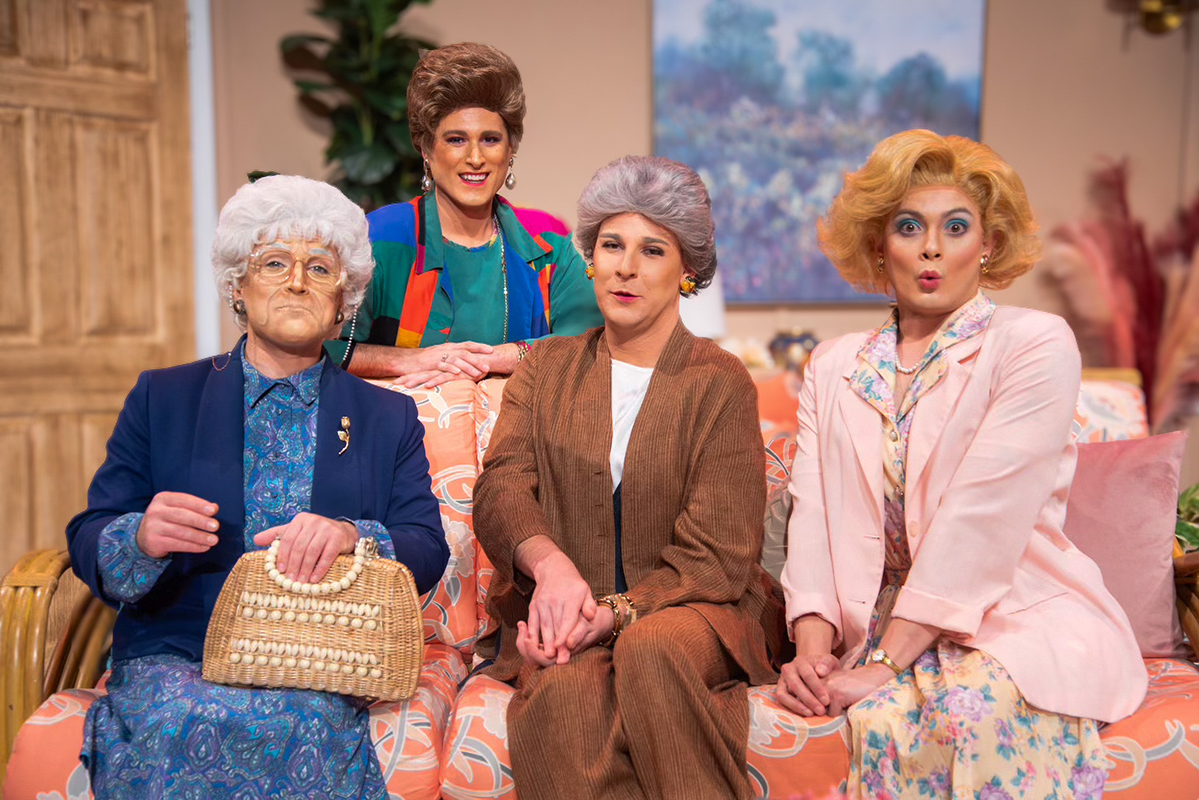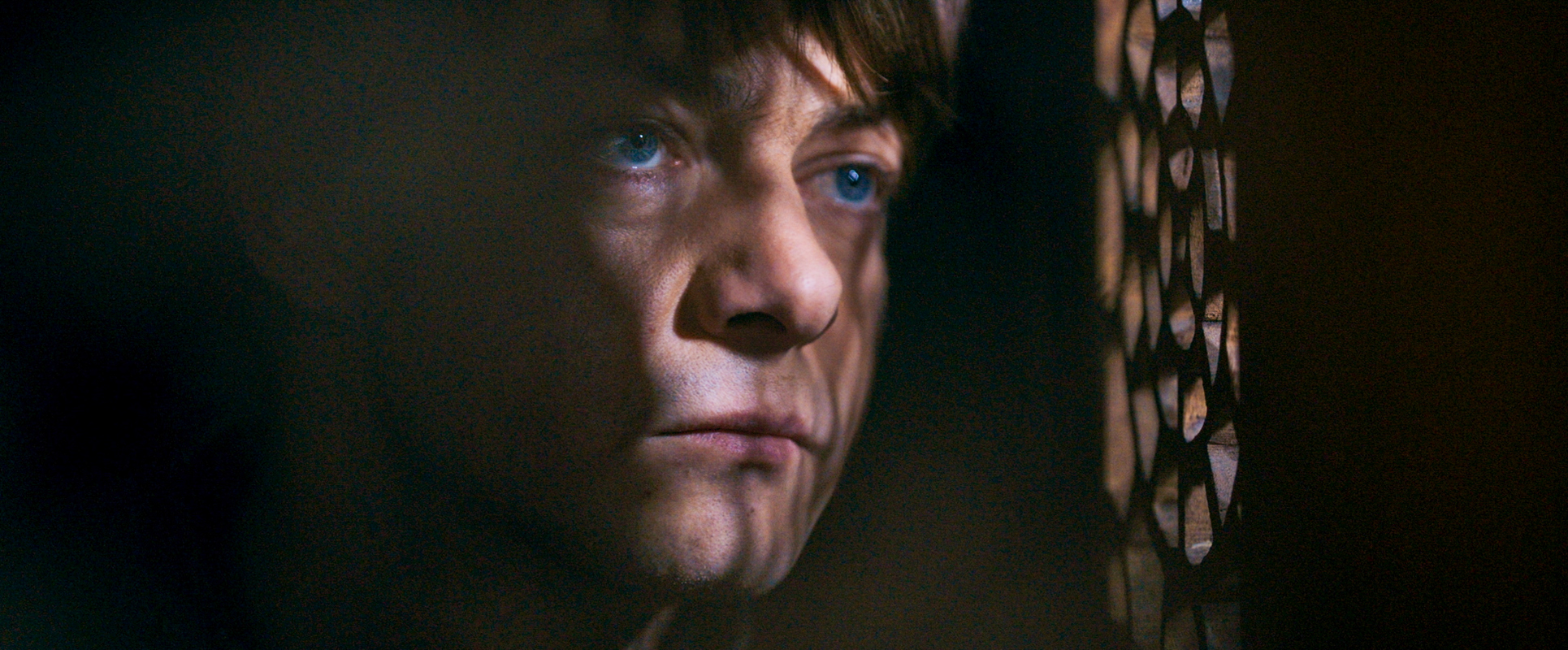‘Queen of the Universe’ Review: Getting Vocal
The international drag queen singing competition "Queen of the Universe" digs its 6-inch heels into a second season.

American Idol is very special for some people, but Whoopi Goldberg is not one of those people. Recently, the legend said on The View that the series was the beginning of the “downfall of society.”
This boiling take came from what Goldberg said was the singing competition’s encouragement of public judging, and regardless of whether you agree, it is easy to see just how much the series has impacted American culture.
While Queen of the Universe (★★★☆☆), currently on Paramount+, will, like every other singing competition series, reside in Idol‘s shadow, there is a fundamental tenet that already puts it ahead of the curve: drag queens make for excellent television.
From WOW Presents, the producing company that’s spawned a decade of RuPaul’s Drag Race and its multitude of spin-offs, Queen of the Universe takes drag queens from around the world and brings them to London, where they sing their padded asses off for a chance at a quarter of a million dollars. Drag Race mainstay Michelle Visage joins musical legend Vanessa Williams, Drag Race: All Stars winner Trixie Mattel, and Mel B. (Yes, THEE Mel B.) on the judging panel for season two.
With only six episodes a season, there isn’t a lot of time to get to know everyone, and unlike Drag Race, this series loves to send people home with haste. The first notable aspect of the second season comes once again from the cast, who effortlessly show the shared universal experience of being a queer person.

Jazell Royale, a Jacksonville, Florida trans pageant queen, right away asserts herself as a threat, not only for the crown but the fan-favorite title, even if her rendition of Adele’s “Easy on Me” causes a controversial stir with Mel B. Trevor Ashley and Viola provide some wonderful representation for their countries, with the former being a snappy Australian crooner, and the latter a proper British violinist.
A lot of the contestants tend to lean toward ballads, including Israel’s Miss Sistrata, whose ode to 1998 trans Eurovision winner Dana International edges on operatic odyssey, and Drag Race Italia season two’s Aura Eternal, whose “Take Me To Church” cover ends up making me want to go home rather than any religious building.
Personally, the queens who chose more pop/dance numbers ended up making a bigger impact, with just beautiful gowns and pretty vocals not enough in a stacked line-up. California’s Militia Scunt provides the first major tempo change with a resounding performance of “Just Got Paid,” alongside Drag Race Holland‘s Love Masisi, who stuns with Todrick Hall’s “Nails, Hair, Hips, Heels,” one of the few songs that you’d actually hear at a drag show.
The latter also stands out as one sure to be a fan favorite, with a touching life story about leaving Haiti and reclaiming themselves in Holland and a bubbly, infectious attitude dressed in neon.
The series follows the well-established musical competition format, with introductions being a mix of at-home clips and backstage b-roll, giving the audience an idea of the personalities and storylines to come. Luckily, season two trimmed down the number of contestants from 16 to 10, which last season saw five girls go home after the first round, a jarring and confusing waste of talent that was never really explained.

By the end of the first two episodes, the two contestants that end up going home, (through either an audience vote or judge choice after a Spice Girls-themed song challenge), feel correct, although the judging remains pretty tame. Mel B. is the first judge who is not being afraid to give a critique that sets the room into a chorus of booing but also has a musical merit that only Williams can match on the judging panel.
Ultimately, the singing elephant in the room remains how the international aspect of the series is its own worst enemy. There is an insane level of drag and singing talent globally, but it’s plain to see that not speaking English is a clear detriment to the contestants. No matter how amazingly sung, the songs will simply not hit as hard for the all-English-speaking judging panel and audience, inevitably making it harder for non-English singers. Out of the first contestants to land in the bottom, it’s the ones that speak the least amount of English that receive the harshest critiques and end up getting the boot.
Queen of the Universe doesn’t reinvent the wheel, and unfortunately, doesn’t feel like it’s even trying to go beyond the archetypical format, although it makes strides from its first season. Having a Spice Girl on the judging panel is surreal, and her commitment to being an honest judge is great TV, as she sure as hell doesn’t mind being the “mean judge” on the panel.

If you don’t like TV singing competition shows, then this won’t change your mind. It’s a specific type of series for those who once upon a time texted their votes weekly for their favorite American Idol contestant. If you have an open mind for the genre or are a fan of Drag Race, it’s a worthy series full of jaw-dropping drag talent worth your time.
New episodes of Queen of the Universe Season 2, drop every Friday on Paramount+ through the end of June. Visit www.paramountplus.com.
Support Metro Weekly’s Journalism
These are challenging times for news organizations. And yet it’s crucial we stay active and provide vital resources and information to both our local readers and the world. So won’t you please take a moment and consider supporting Metro Weekly with a membership? For as little as $5 a month, you can help ensure Metro Weekly magazine and MetroWeekly.com remain free, viable resources as we provide the best, most diverse, culturally-resonant LGBTQ coverage in both the D.C. region and around the world. Memberships come with exclusive perks and discounts, your own personal digital delivery of each week’s magazine (and an archive), access to our Member's Lounge when it launches this fall, and exclusive members-only items like Metro Weekly Membership Mugs and Tote Bags! Check out all our membership levels here and please join us today!


























You must be logged in to post a comment.